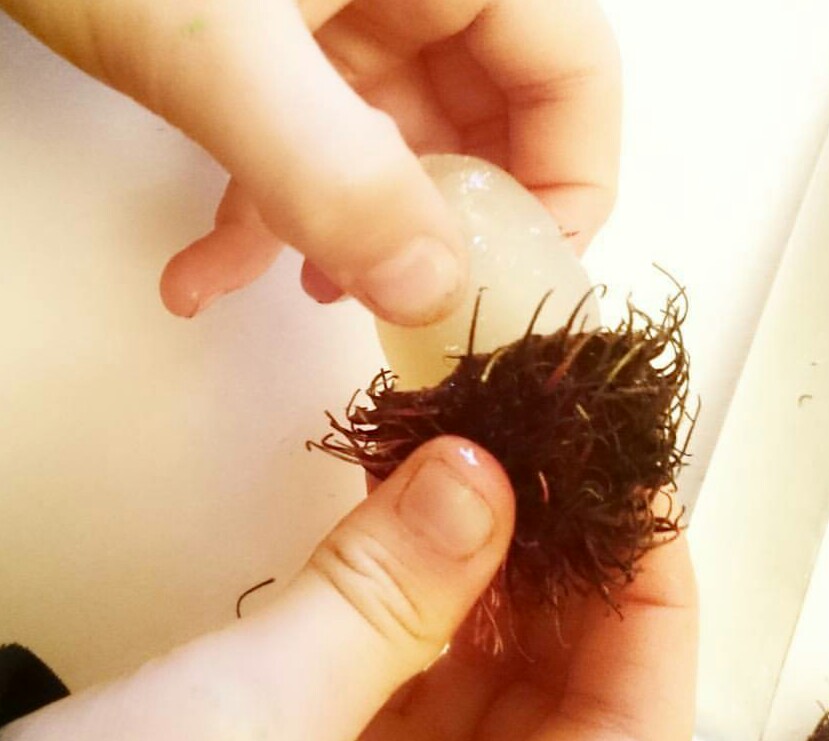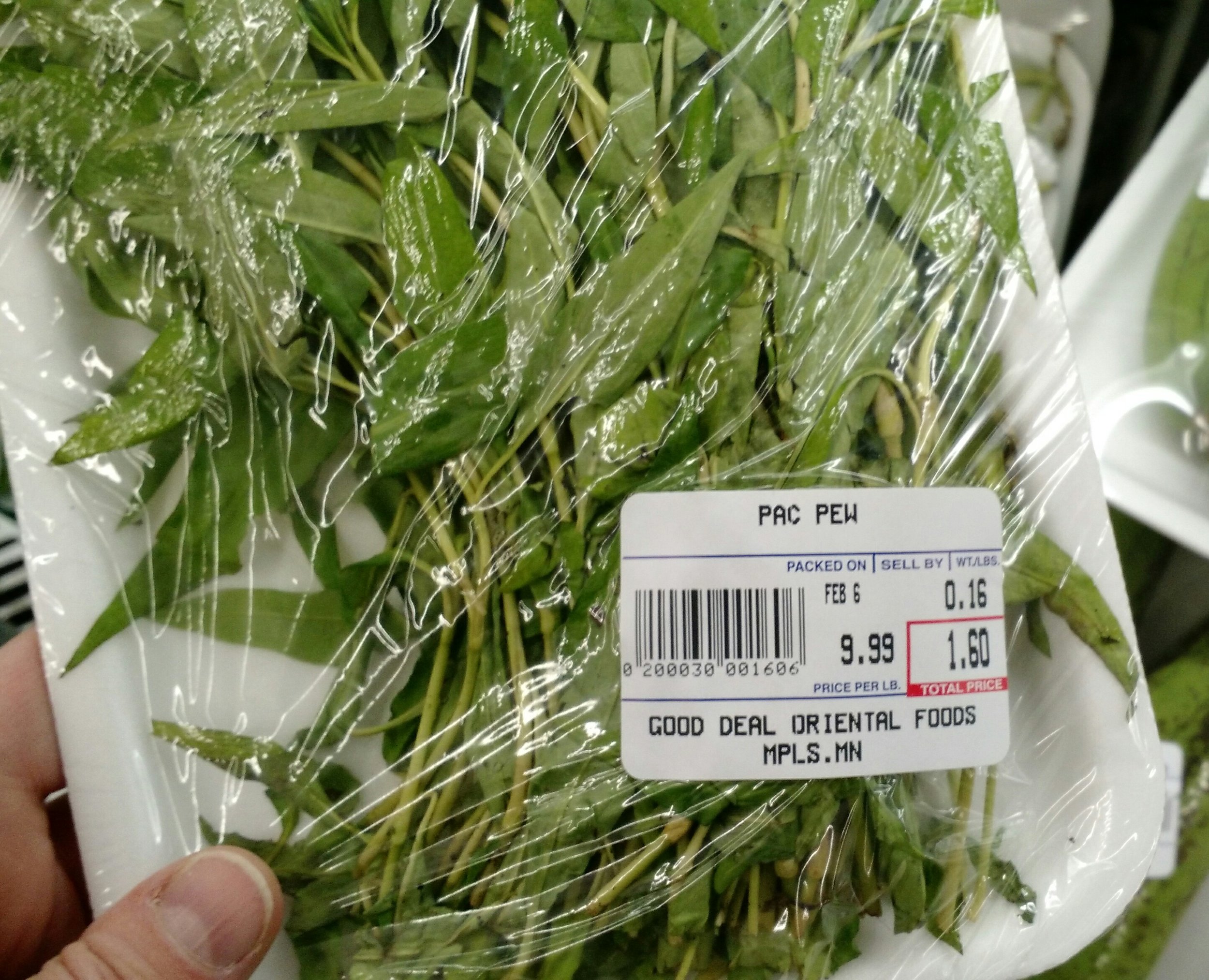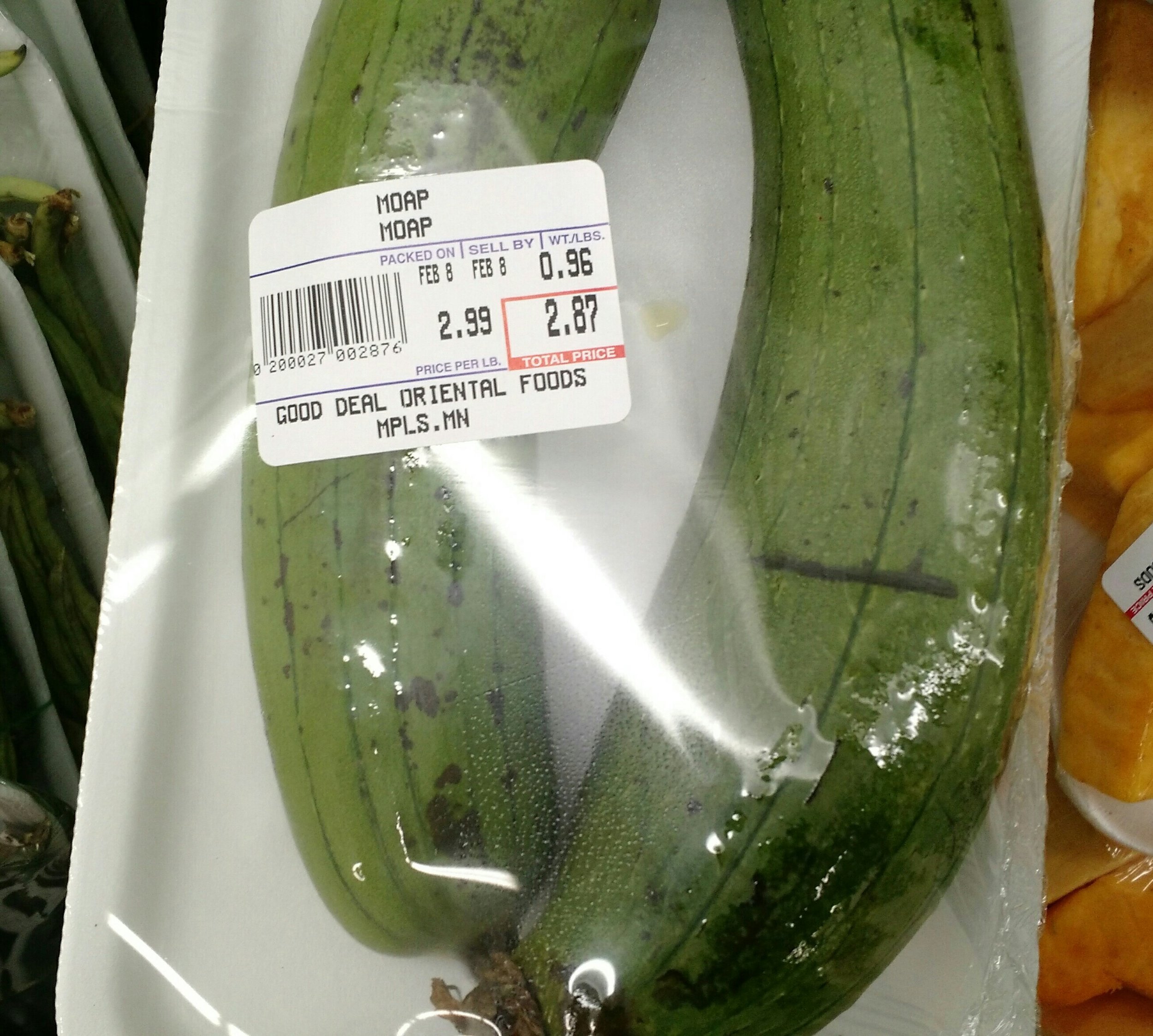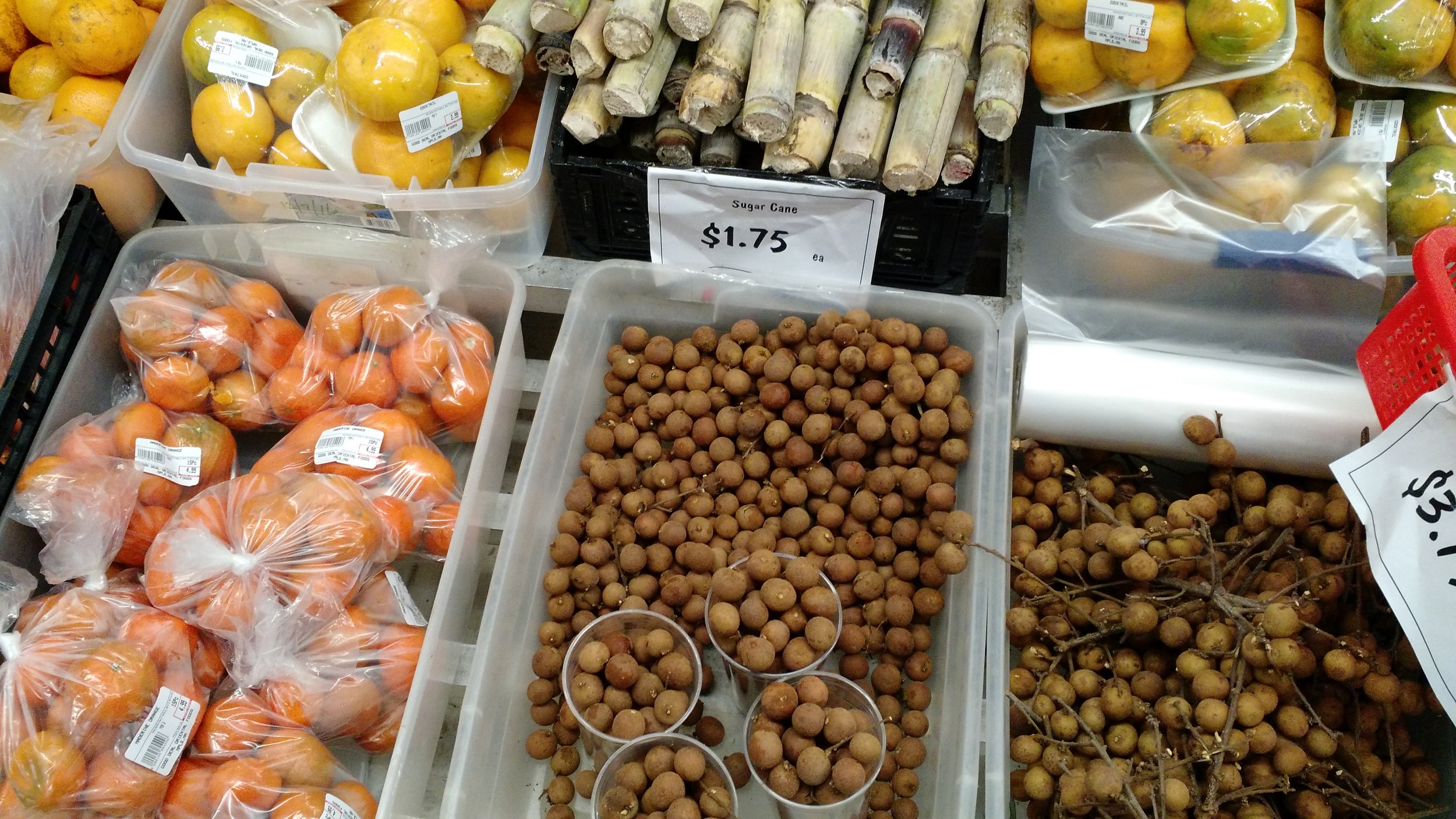The sign—“Smile! You’re on camera”—greeted us at the entrance of our neighborhood’s Good Deal Oriental Foods, but I didn’t need the reminder. The memory of crates of produce on the floor just inside the door had me smiling already. Stalks of sugar cane, stacked like firewood, filled a box next to other fruits, like rambutan, a tropical offering I had often passed by. I would try the prickly-looking food one day, I had told myself too many times. But when I finally decided to buy some, it was gone.
“When will you have rambutan again?” I asked an employee.
“I don’t know,” the girl said. “Next week?”
While we waited, Flicka and I bought the canned variety to sample, along with two of its cousins, lychee and longan. When Good Deal carried the fresh fruit again, I snapped up a package.
Back at home, we scrutinized the rambutan like botanists. The tropical treat was fun to peel, the spikes on its reddish-brown skin were rubbery and not sharp like they appeared, and the delicacy vanished like a box of chocolates in a house full of women.
On another visit to Good Deal, I picked through the produce, plucking a Styrofoam tray of greens—an herb?—swathed in cellophane. Pac Pew, the labeled stated. If it was a kind of basil, I could use some for a recipe. I scanned the area for an employee and spied a woman transferring taro root from a box into a bin.
“Excuse me,” I said, showing her the package of greens. “What is this?”
“Pac Pew,” she said.
“And in English? Is it basil?”
“It’s Pac Pew.” The woman punctuated the words with a bob of her head.
“Hm.” I furrowed my brow. “Thank you.”
I pulled out my phone and searched the name. Nothing. I moved on to a vegetable that looked like a cross between a cucumber and a zucchini. The sticker called it Moap Moap. But again, Google let me down.
While Flicka perused the merchandise in the candy section, I wandered into the meat department. I had read about the silkie chicken, a small five-toed bird with black skin and flesh, known for its rich flavor, and there it was nestled amid other varieties of chicken. Maybe one day I would buy one—and gather tips from my Hmong or Vietnamese neighbors on the best way to prepare it.
I strolled back to the produce department where Flicka held a young coconut in one hand and a mature one in the other.
“What’s the difference between these two?” she said.
“I suppose we better find out.”
She plunked them into my basket, and I went back for the Pac Pew and Moap Moap. Then I scooped fresh longan into a bag.
At the checkout, a teenage boy—all smiles—rang up our grocery items like it was his favorite game, his dimples playing along.
“The cashier was Handsome,” I said to Flicka when we got back to the car.
She shrugged. “Okay?”
“His name was Handsome, I mean.” I showed her the receipt with the proof.
And Handsome was the perfect conclusion to our otherworldly jaunt within our own neighborhood. Smiles at the beginning of our trip; smiles at the end.
*Photo creds go to Susan Dyrud McDonald.
*Miss an installment of the blog? Or want to catch the story from the beginning? Visit http://www.tamarajorell.com/blog-entries-by-date
*Names in this blog have been changed to protect my family, neighbors, and friends in the neighborhood, and in a nod of appreciation to the beloved Swedish author Maj Lindman, I’ve renamed my three blondies Flicka, Ricka, and Dicka.






















